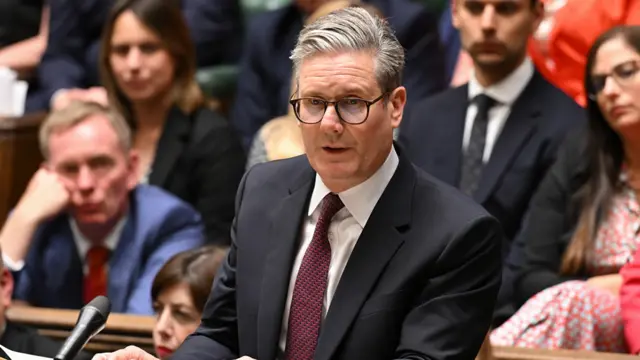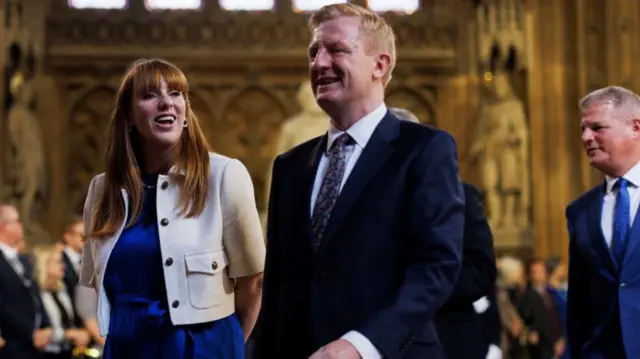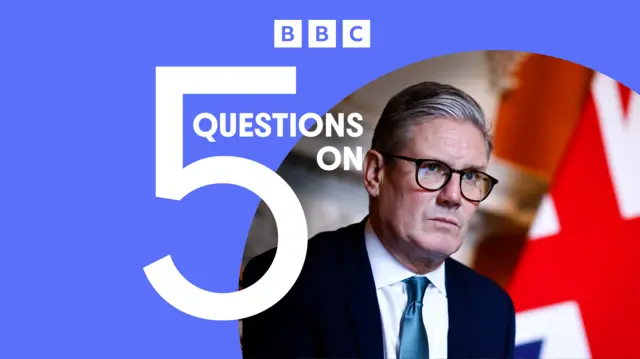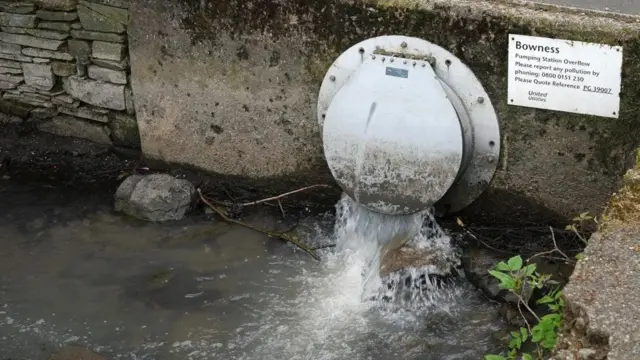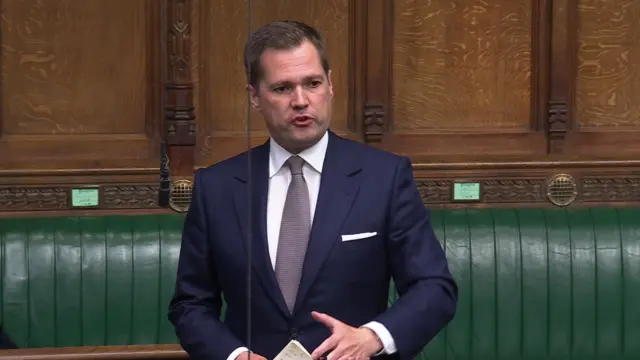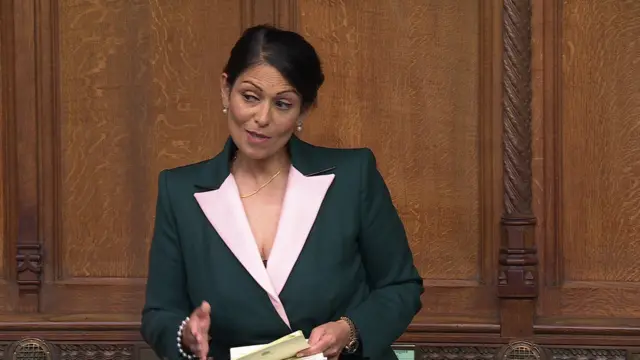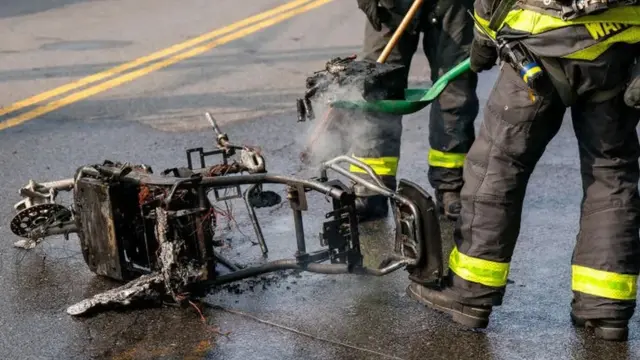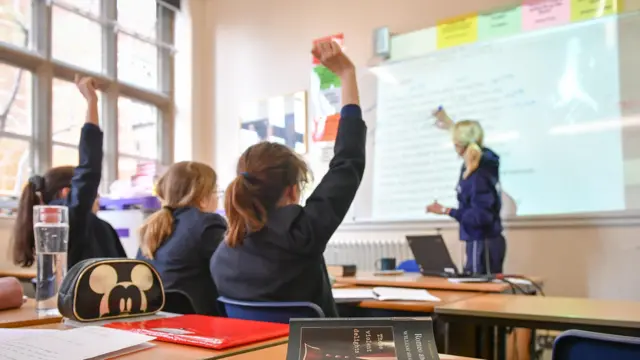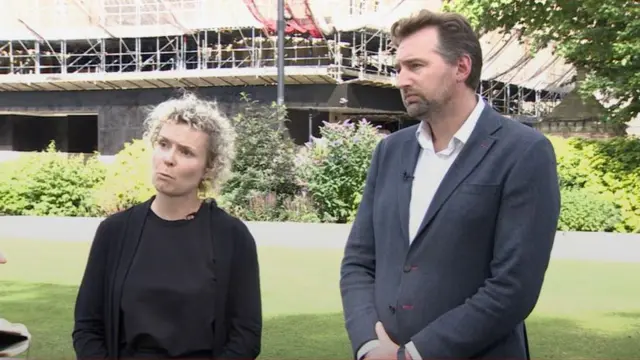Next thing to watch is which bills get picked firstpublished at 19:02 BST 17 July 2024
 Chris Mason
Chris Mason
Political editor
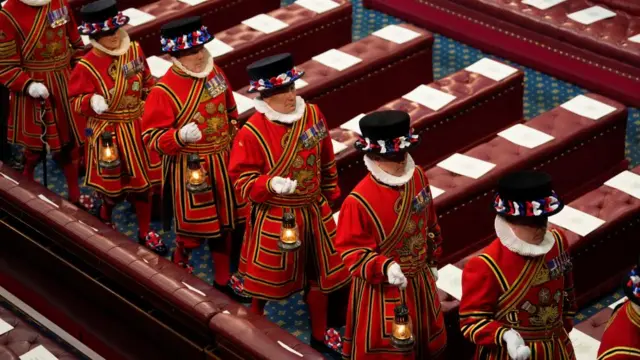 Image source, Reuters
Image source, ReutersElection promises - or at least some of them - clad in fancy dress and to a soundtrack of trumpets.
An election victory for Labour made real as the King reads out their plans for government.
This is a hefty set of legislative plans - ministers keen to capitalise on the momentum of their recent win by cracking on and being seen to crack on.
Governing isn’t only about passing new laws; ideas for new laws can get bogged down, side-tracked, amended.
And stuff happens, stuff always happens that seizes the agenda.
But this is a government with a majority as hefty as these legislative plans, so it’s a fair bet plenty of them will reach the statute book, will become law.
I’ll be watching next for the order in which these bills begin their legislative journey - that’ll be a further indication of the new government’s priorities.
And – taking a step back – the key thing here is what ministers see as their driving mission: economic growth. Can they actually help deliver it and if so how quickly? That is the test they have set themselves and against which they will be judged.

